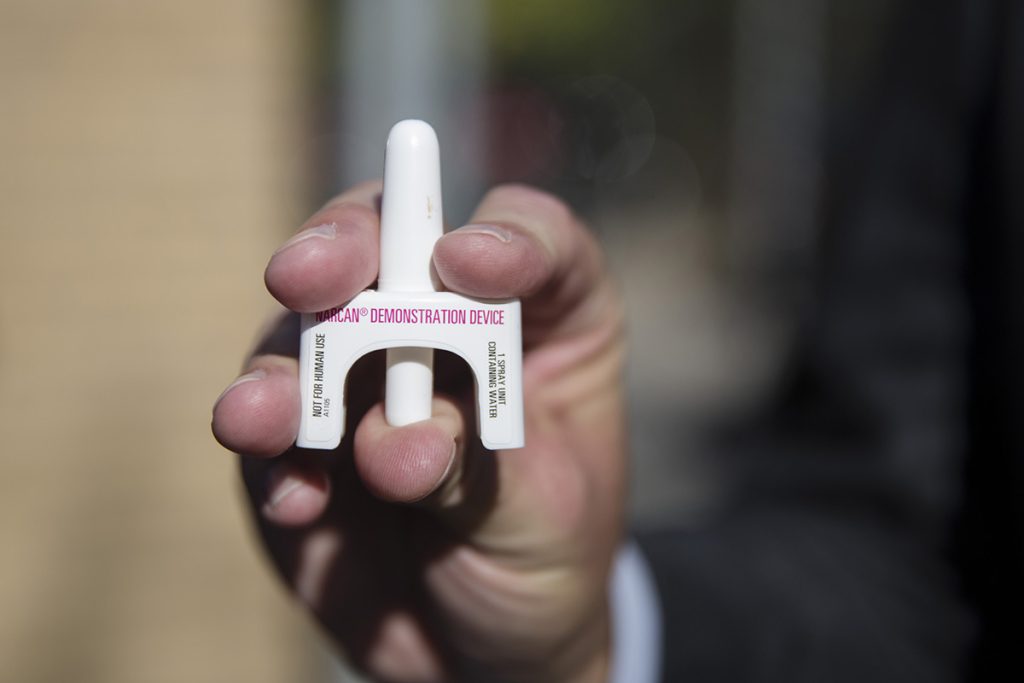
When I wrote about Rhode Island’s first harm reduction center for Motif a few months back, I understood that it was a monumental moment for social services amidst the looming return of Trump to the White House. Only time will tell how this experiment goes, but I want to circle back and revisit this story, in an attempt to gauge its present status and potential future. Trump made headlines in 2019 for suing Safehouse, a Philadelphia-based nonprofit that allowed the legal use of opioids, to keep them from opening. Conservatives as a whole have never embraced the idea of harm reduction centers, citing an archaic “crack house statute” that prohibits operating a facility for the purpose of unlawfully using a controlled substance. Even now, Safehouse continues to fight the case in court. Philadelphia was ground zero for the emergence of Fentanyl some years back, and the wave of overdoses that followed.
Despite this pushback and an uncertain future, the city of Providence forged ahead with their intention to open the state’s first safe injection site this past December. When I wrote about the opening, the focus was completely different from what I want to focus on now. Motif wanted to check in on this vital safe space and see how it’s doing. I reached out to Mandy Roman of Project Weber/RENEW, who shared the following. “Project Weber/RENEW is proud to announce that the nation’s first state sanctioned Overdose Prevention Center is fully operational and open to the public. Since its opening, the center has already made a significant impact in the community. As of Monday, March 11th, we have hosted 365 visits and successfully intervened in 19 overdoses. “This groundbreaking initiative represents a critical step in saving lives, as well as providing a safe environment for individuals to receive care and connections to resources. The co located clinic, operated by our partners at VICTA, has provided a range of free medical, mental health, and substance use treatment services. We remain committed to addressing the overdose crisis through a holistic range of services, and supporting individuals on their journey to healthier lives.” Remember, this is only scratching the surface of things to come, a microcosm of potential life-saving measures in the heart of our urban center. A long-term assessment of the project is also proposed to run parallel to Project Weber/ RENEW. Brown University recently announced that they received a portion of a $5 million federal grant to study the new overdose prevention center, tracking questions like addiction treatment uptake rates, community impact and cost analysis. Roughly 1,000 participants, half drawn from New York and half from Rhode Island, will be included in the study. The goal is to track participants over 18 months to determine how their behavior may change as a result of interactions with overdose prevention centers. Researchers will also link whether using a harm reduction center affects a civilian’s likelihood of engaging in treatment for addiction.
Clearly, the intention is to study this facility over a long period of time. Hopefully, they weather the storm of opposition and continue to save lives. But as I write this, news is breaking that the Trump administration is moving to deport Columbia University students who took part in the proPalestinian protests last year. Closer to home, a Brown University professor and kidney transplant specialist of Lebanese descent has been deported from the US, even though she had a valid visa. The University has taken notice of the current political storm and is moving ahead cautiously, announcing a hiring freeze as much of their research funding is at the whim of an increasingly right wing oligarchy. Whether or not that affects our subject matter is too soon to tell. •
For Rich’s first article, visit motifri.com/ safe-injection-site
Photo: Governor Tom Wolf on Flickr.


